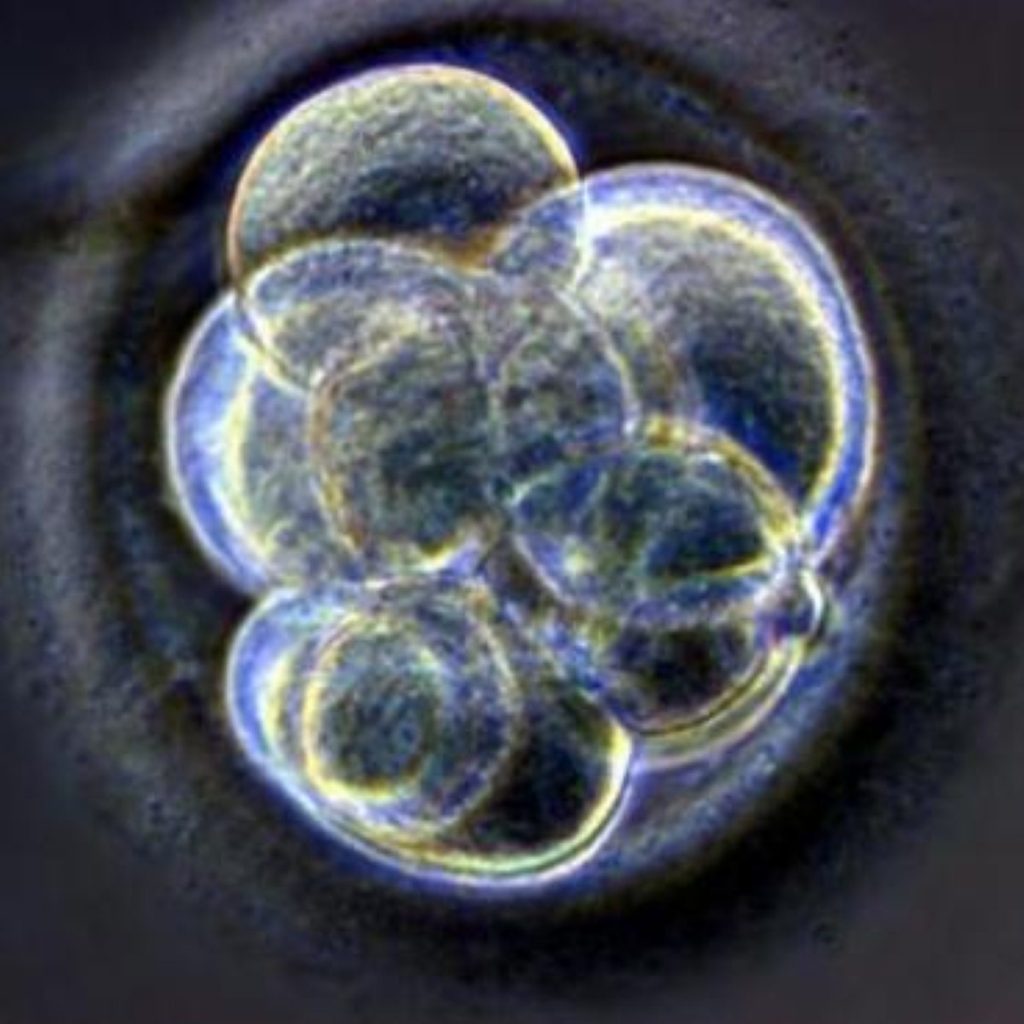MPs to be given free vote on embryology bill
Catholic MPs will be allowed to vote against controversial bioethical legislation.
Labour’s chief whip Geoff Hoon has confirmed that MPs will be given a free vote on sections of the human fertilisation and embryology bill.
Catholic Labour MPs, including at least three Cabinet members, had raised concerns with elements of the bill, which is designed to update existing regulations as well as strengthen Britain’s position as a research centre.
The bill includes the creation of human-animals embryos for research as well as reforms that would allow lesbian couples and single women to access IVF.


It is also likely to be a target for abortion campaigners, with Conservative MPs tabling amendments to reduce the upper limit for legal abortions.
Following intervention from more than 100 leading academics calling for a free vote, Mr Hoon confirmed to the Daily Telegraph that Labour MPs will not be whipped.
Instead Catholics and other MPs with objections can use standing orders of the parliamentary Labour party to abstain.
“Nobody will be required to vote against the conscience,” he said.
He continued: “This is important legislation and whilst I entirely respect the strong moral sensitivities of colleagues there are also strong moral sensitivities in relation to research into a number of appalling diseases and conditions.
“I accept that the Catholic Church has a view and a role. But part of the frustration is that there hasn’t been the coverage about what is possible, what this does and why we are doing it.
“One of my closest friends here, Kevin Hughes, who I was elected with, died of motor neurone disease. I still feel his loss now. It’s the most horrendous disease.”
Gordon Brown hopes the legislation will help the UK become an international leader in embryology and stem-cell research.
But in a letter to the Times, 108 scientists, lawyers, philosophers and theologians, urged the prime minister to allow his MPs a free vote on the human fertilisation and embryology bill.
Labour peers in the House of Lords, which the bill has already cleared, were whipped into supporting the bill and all government amendments.
Conservative peers were, however, given a free vote and David Cameron promised the same freedoms for MPs.
The Conservative leader himself added to the controversy surrounding the bill – which is set to be one of the most debated of the session after the Lisbon treaty and proposals for 42-days detention without charge – when he said he would support amendments lowering the legal limit for abortion.
Anti-abortion campaigners are set to use the bill to restrict access, while pro-abortion rights MPs may introduce amendments to remove the need for two doctors to approve a termination, bringing it in line with other medical treatments.
Last year the Commons science and technology committee ruled there was no research supporting a lowering of the abortion limit and said a termination should be authorised with one doctor’s signature.









